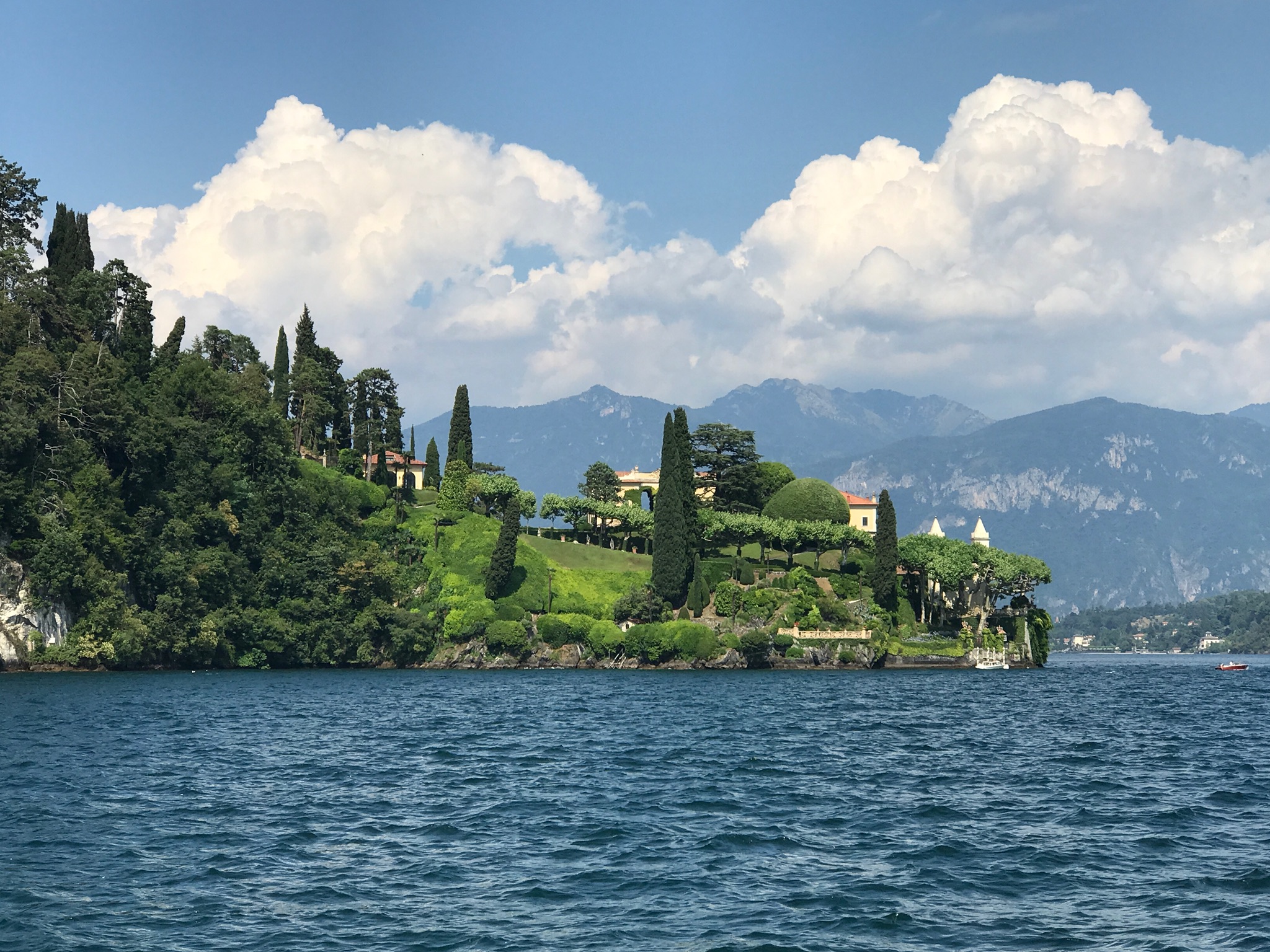Having recently returned from a trip to Italy and Portugal, I made it a point to notice the social and business customs while there. Since this dove tails so beautifully with the purpose of Living Abroad, I thought I would share some of my observations. I would imagine that you have experienced some of the same.
Learn a few words of the language:
You can achieve incredible results by learning just a few basic phrases when traveling to another country. Often native English speakers believe naïvely that everyone speaks English, which isn’t true. Learning a few words and phrases – such as hello, thank you, please, yes and no – can hugely enrich your travel experience.
Researching a place on the Internet can only get you so far. If you can communicate with the locals, they know the best places to eat and shop, the stand-out sights to see, the most beautiful beaches and the most unforgettable cultural experiences.
I noticed that anytime we sat down to a meal in a restaurant, the servers always appreciated us trying to order in the native language. Of course, our pronunciation was off, but they were helpful and would often correct us in a nice way.
Try the local cuisine:
The food in Italy is a little more familiar due to the preponderance of Italian restaurants in the U.S. However, we did need to sample the aperitivo that is taking over Europe: the Aperol Spritz.
Since Portugal is on the Atlantic Ocean, seafood plays a large part in just about any meal. Our hosts invited us to a seafood restaurant on the cliffs, and then proceeded to order their favorites. The appetizer was called percebes, goose barnacles. Apparently, it’s dangerous business to harvest these. There are two ways of harvesting percebes. When the tide is low, you climb down on the rocks and hang with ropes to gather them or you dive for them.

When the plate of percebes came to the table, we gave them a try. As strange as they look, they were equally delicious. If barnacles aren’t your thing, they also serve sea snails, caramujos. They are actually prepared similarly to escargot, but are much smaller.

Choose private accommodations:
We used Airbnb to rent an apartment in Milano and a private home in Cascais, Portugal. Both afforded us access to a full kitchen, and many other features you would not normally find in a hotel. We got to live like locals in many ways by shopping at local supermarkets and learning how to use unusual coffee pots to make the morning brew.
While about 90% of Airbnb users are on vacation, their business traveler market is growing rapidly. In fact, in 2017 over 250,000 companies used Airbnb for business. Fortune 500 companies are on board with Airbnb travel. Attracting the interest of the largest companies means somebody can use Airbnb every week of the month, not only when they take a weekend trip or go on vacation. Lodgings are reasonably priced, and there are many personal touches.
Whether you are on business travel, bleisure (mixing business and leisure travel), vacation, or moving to a new country, embrace the local culture as much as you can and you will be rewarded.
Written by Cathy Heyne, GMS-T, Managing Director


